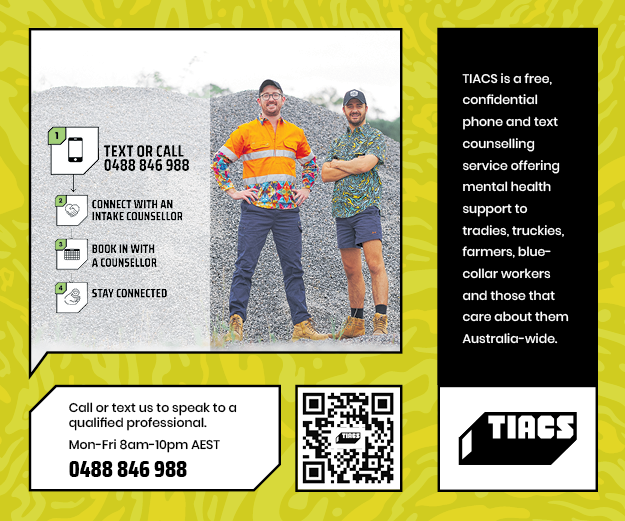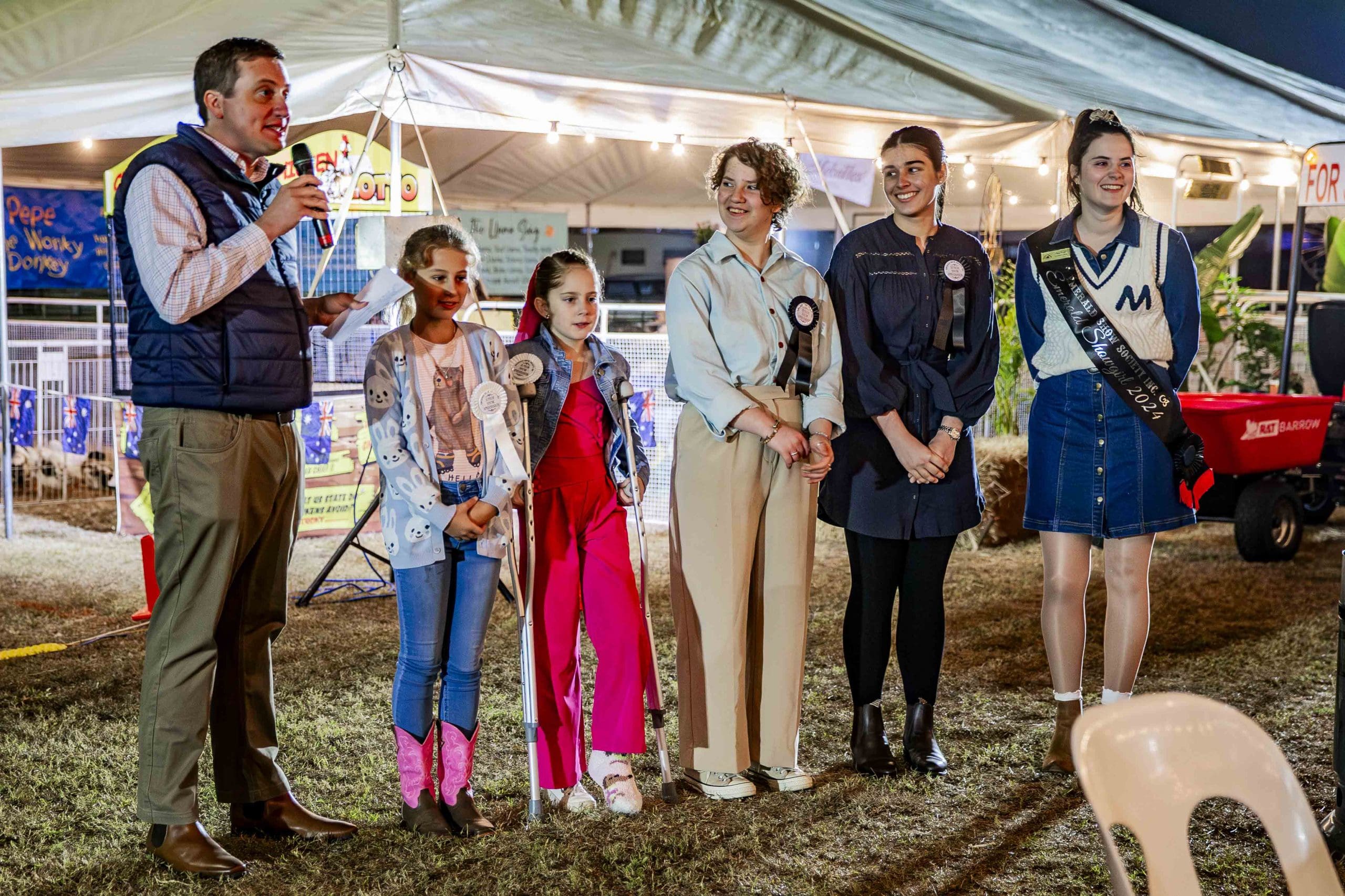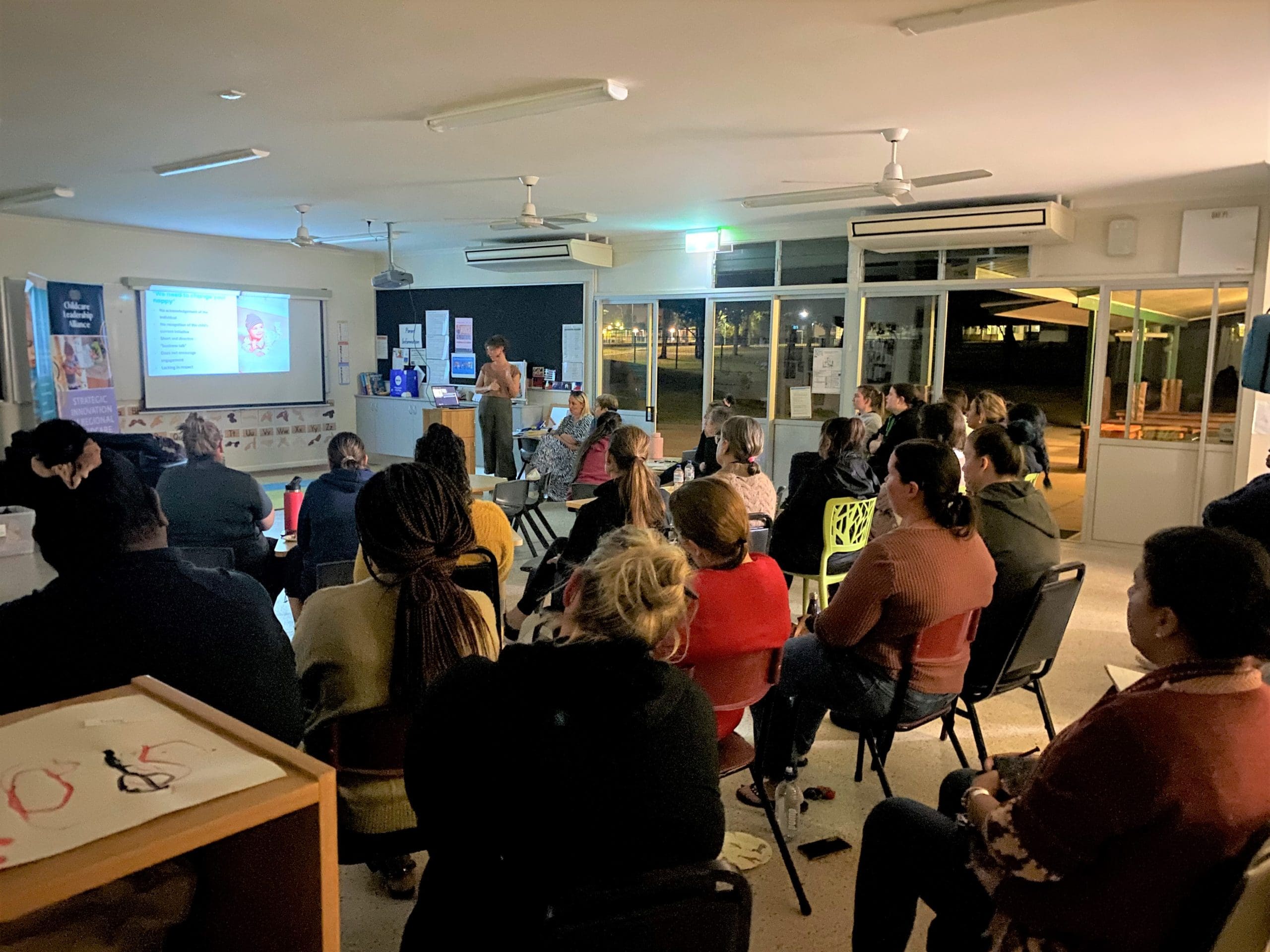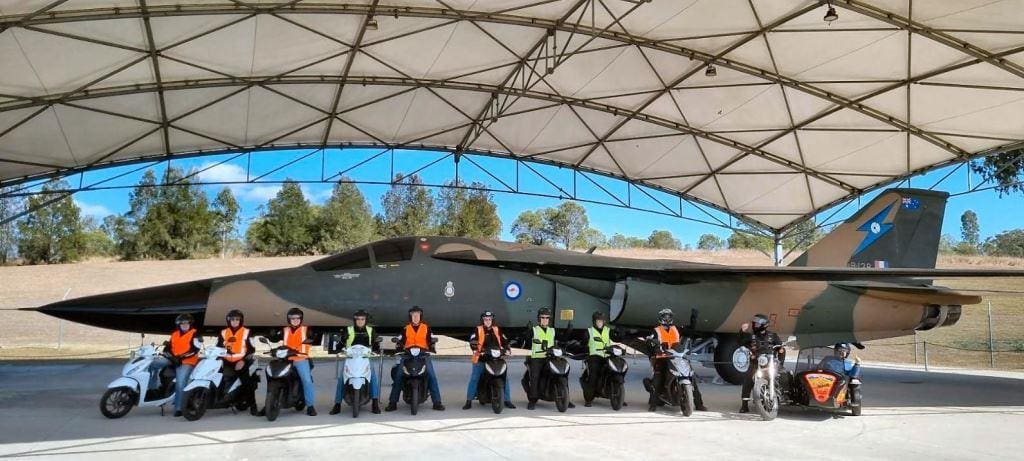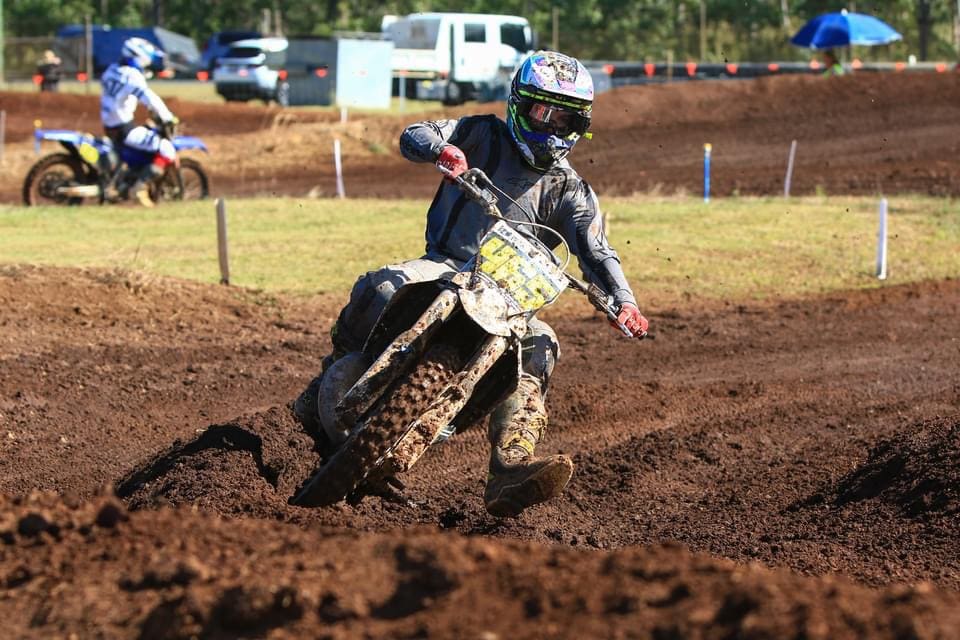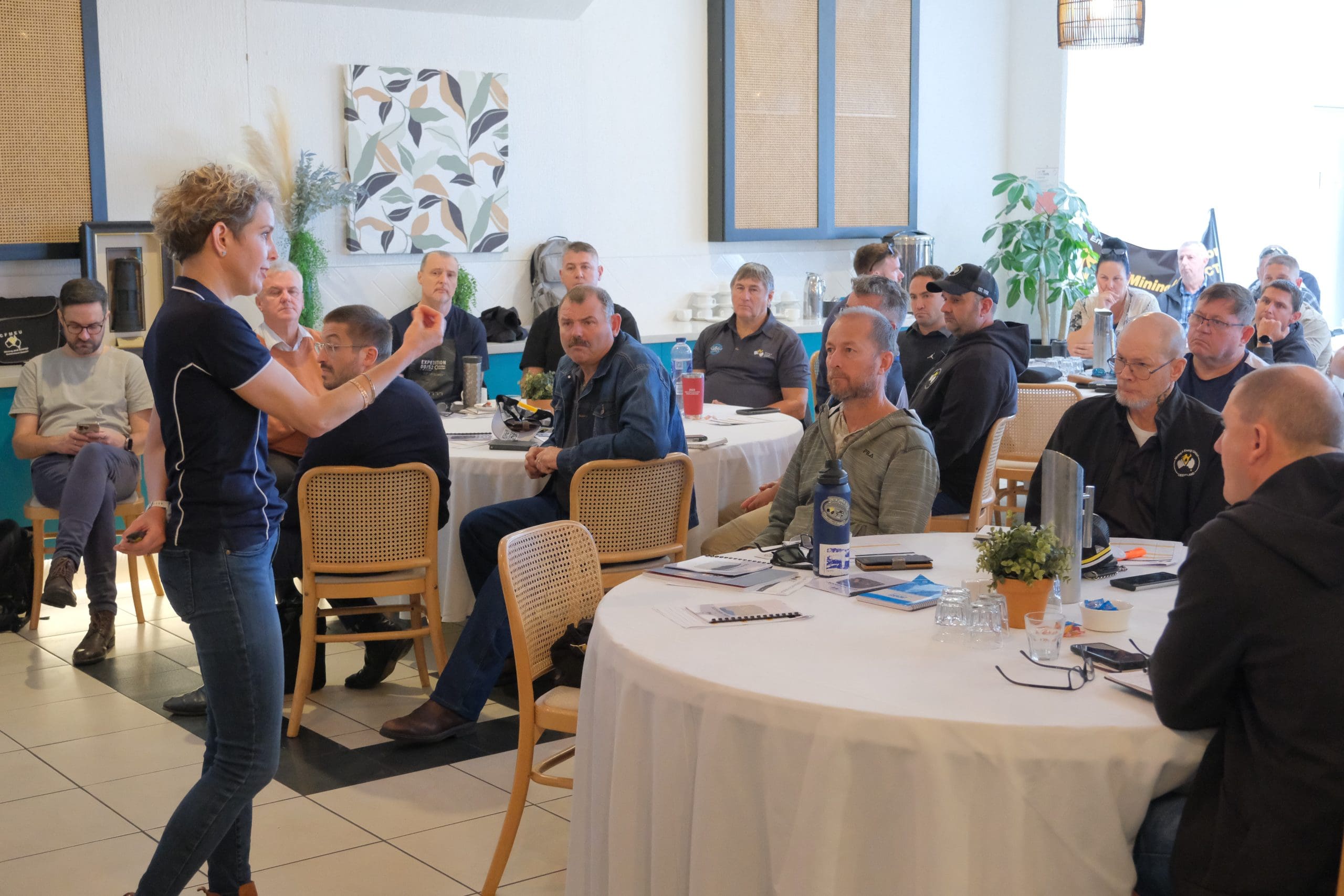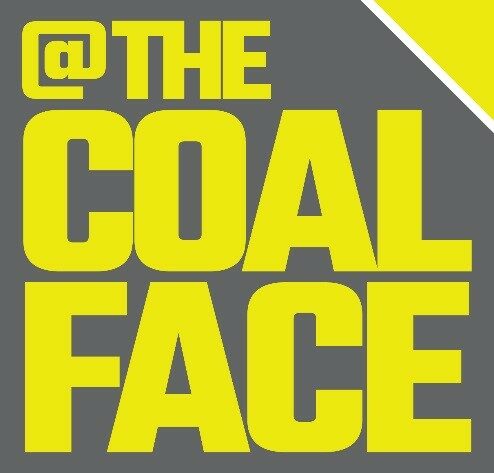In November 2022, the Australian Institute of Marine Science (AIMS) hosted the largest single science and engagement field event in its 50 year history.
The field event forms part of a seven year partnership between AIMS and BHP that began in 2019 and is part of the Australian Coral Reef Resilience Initiative, a $27 million research program.
The field event, involving over 40 participants took place in Woppaburra Sea country, on and around Konomie (North Keppel Island), about 15 km off the coast of Yeppoon at the south end of the Great Barrier Reef.
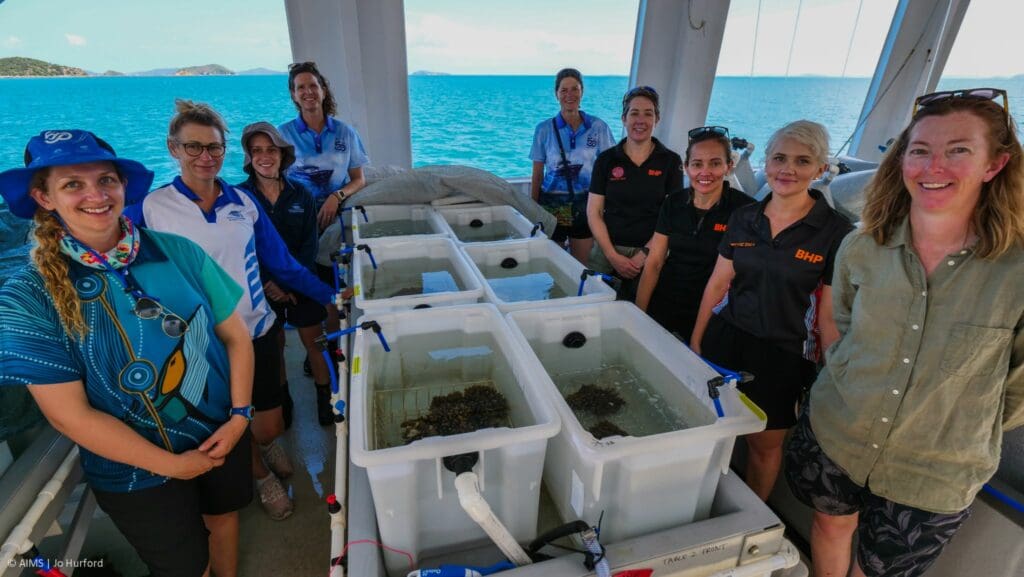
This Sea Country hosts coral-fringed continental islands where reefs have been impacted by cyclones and marine heat waves causing coral bleaching. Many of the reefs here are healthy, however others are degraded with a high cover of macroalgae.
Such disturbances make this area a unique place to investigate the barriers to reef recovery and allows the trial of reef restoration techniques.
Anne Dekker, Vice President Environment BHP, and event participant said: “this partnership seeks to build meaningful relationships with the Traditional Owners where our collaboration with the Woppaburra Traditional Custodians contributes to better management of coastal ecosystems, weaving Indigenous ecological knowledge with western marine science.”
Scientists and Woppaburra Traditional Custodians were joined by ACCRI partners BHP and their representatives, experiencing a first-hand look at the science striving to fast track reef recovery. Together they witnessed the annual spawning event aboard the bespoke floating laboratory, a car barge turned into a science facility to study the coral seeding process.
The Woppaburra Coral Project team take care of the coral young and settle the larvae into engineered seeding devices that are then taken back to the reefs around the Keppel Islands to further research.
Anne Dekker said the initiative takes a ‘whole-of-system’ approach to reef restoration.
“At the heart of this initiative is the building of meaningful partnerships with the Traditional Custodians of the sea country. By sharing two different knowledge systems, we hope to deliver impactful research for all Australians.”
“Not only are we learning from each other to protect the reef for generations to come, but the initiative is also creating skills and employment pathways in coral and fish aquaculture for the Woppaburra Traditional Custodians,” Anne said.
“We also know how important these partnerships are for delivering the nature positive outcomes we’re striving for – with our goal to have made a measurable contribution to the conservation, restoration and sustainable use of marine and terrestrial ecosystems in all regions where we operate by FY2030.”
“It’s about social value, a core part of our business, and the positive contribution we make to the environment and society, together with our people, partners, customers and the communities where we operate,” Anne said.
Woppaburra descendants have actively maintained cultural connections and responsibilities to land and sea country. This partnership allows these custodians to gain hands on experience in marine science and coral seeding.
With Australian reefs under pressure from rapidly changing environmental conditions, initiatives such as these are fundamental in providing the research and knowledge needed to meet these challenges and allow government and industry to make informed decisions about marine management in the future.
| More information on this great project can be found on the Australian Institute of Marine Science website – Coral spawning on Woppaburra Sea Country. |





